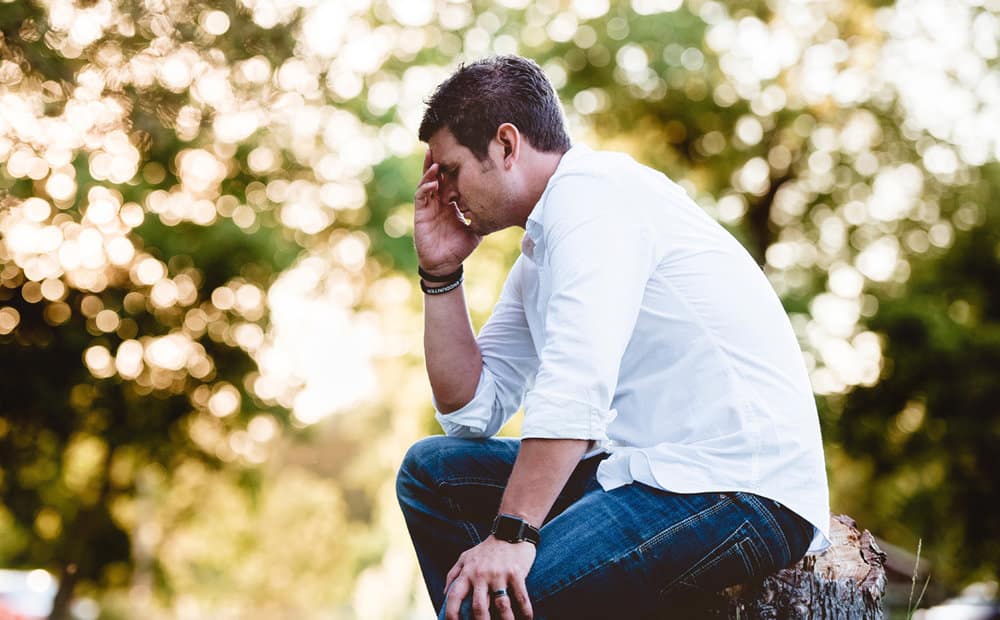What comes to mind when you think of depression, or someone who is depressed?
Sadness?
Despair?
Isolation?
While those symptoms are typical images of depression, there are many other symptoms to look for if you suspect a loved one is depressed. It is important to know that no two people are alike, and that depression may manifest it self in many different ways.
Men and women especially may experience similar symptoms, but express them in different ways. It isn’t clear why men and women may experience depression differently. It likely involves a number of factors, including brain chemistry, hormones and life experiences.
For women, depression may manifest as persistent sadness, anxiousness, loss of interest or pleasure in activities, excessive crying, or feelings of guilt, worthlessness, helplessness, hopelessness, or pessimism. Women tend to experience certain symptoms more often than men.
For example, seasonal affective disorder—depression in the winter months due to lower levels of sunlight—is more common in women. Women also have a higher incidence of thyroid problems. Since hypothyroidism can cause depression, this medical problem should always be ruled out by a physician in women who are depressed.
For men, depression may look different. Depression in men may look like loss of appetite, sleeplessness, irritability, risky behavior (such as reckless driving), increase in alcohol consumption, increased hours at work, and fatigue. There are several reasons why the symptoms of depression in men are not commonly recognized. Men tend to deny having problems because they are supposed to “be strong.” As a result, men who are depressed are more likely to talk about the physical symptoms of their depression,such as feeling tired rather than symptoms related to emotions. Depression in men may cause them to keep their feelings hidden. Instead of expressing a depressed mood, they may seem more irritable and aggressive.
Asking for help can be hard. But without treatment, depression is unlikely to go away, and it may get worse. Untreated depression can make you and the people close to you miserable. It can cause problems in every aspect of your life, including your health, career, relationships and personal safety.
Depression, even if it’s severe, usually improves with medications or psychological counseling (psychotherapy) or both.
If you or someone close to you thinks you may be depressed, talk to your doctor or a mental health provider. Have the courage to ask for advice or seek help when you need it.
Cognitive Behavior Therapy is effective for helping reduce depression. Our Burbank Therapy office provides a warm and supportive atmosphere to help you explore how depression is affecting you and your relationship. Learn effective tools to improve your relationships and decrease depression.
Photo by Ben White

